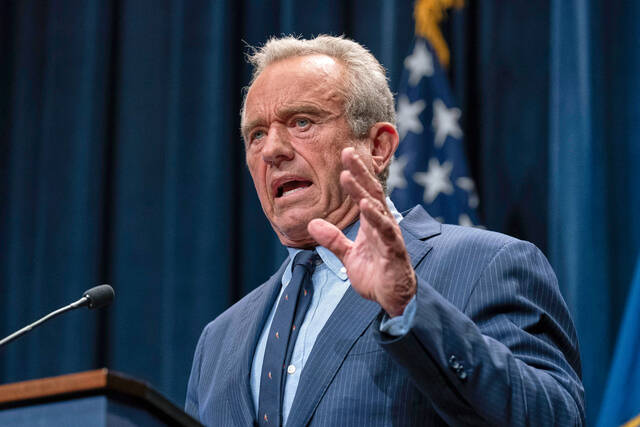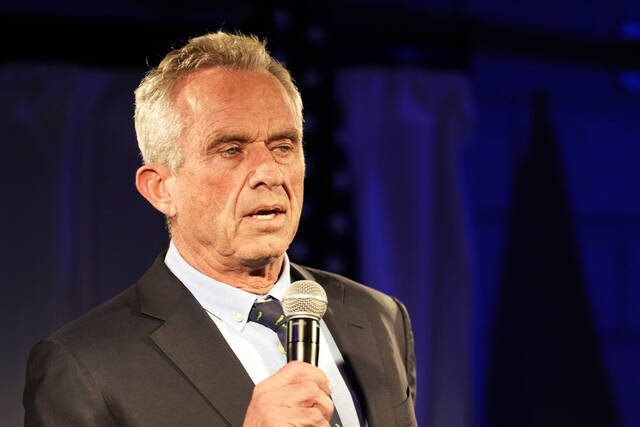WASHINGTON — U.S. health officials said they plan to phase out eight petroleum-based artificial colors from the nation’s food supply, triggering an overhaul of scores of brightly hued products on American store shelves.
Details of the plan are expected to be announced Tuesday afternoon by Health Secretary Robert F. Kennedy Jr. and Food and Drug Administration Commissioner Marty Makary, who have advocated the change as part of Kennedy’s “Make America Healthy Again” agenda.
The officials are expected to spell out a regulatory path for removing the color additives, a process that typically requires public notice and agency review. It would be a sweeping change for U.S. food producers, who would likely replace the dyes with natural substitutes.
Health advocates have long called for the removal of artificial dyes from foods, citing mixed studies indicating they can cause neurobehavioral problems, including hyperactivity and attention issues, in some children. The FDA has maintained that the approved dyes are safe and that “the totality of scientific evidence shows that most children have no adverse effects when consuming foods containing color additives.”
The FDA currently allows 36 food color additives, including eight synthetic dyes. In January, the agency announced that the dye known as Red 3 — used in candies, cakes and some medications — would be banned by 2028 because it caused cancer in laboratory rats.
The dyes Kennedy wants to remove are used widely in the U.S. foods. In Canada and in Europe — where artificial colors are required to carry warning labels — manufacturers use natural substitutes.
Some U.S. states, such as California and West Virginia, recently enacted laws that ban artificial colors and other additives from school meals, and in some cases, the broader food supply.








